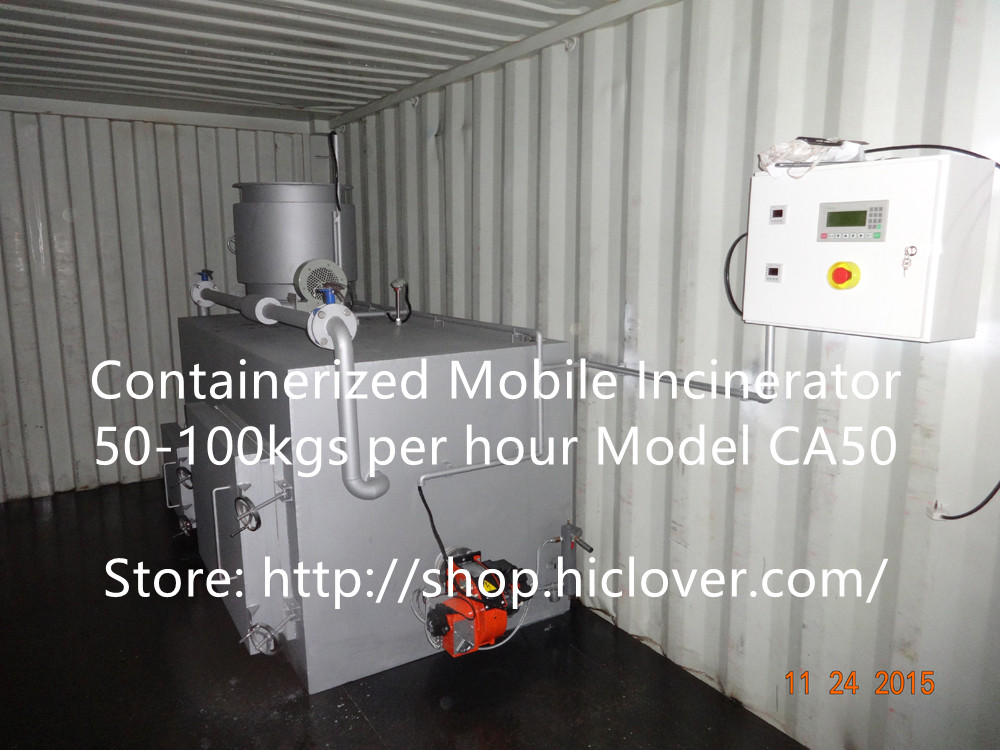As the population continues to grow and urbanization increases, waste disposal is becoming a major concern for many countries around the world. The traditional methods of waste disposal, such as landfills and incineration, are not sustainable in the long run as they contribute to environmental pollution and pose health risks. However, with the advancement of technology and innovation, the future of waste disposal is looking much brighter.
One of the most promising technologies in waste disposal is waste-to-energy conversion. This process involves converting waste materials into energy through various methods such as incineration, gasification, and pyrolysis. These technologies not only help in reducing the volume of waste but also provide a source of renewable energy. Waste-to-energy plants are becoming more prevalent in many countries, and they play a crucial role in reducing greenhouse gas emissions and minimizing the reliance on fossil fuels.
In addition to waste-to-energy conversion, advancements in recycling technologies are also shaping the future of waste disposal. With the introduction of state-of-the-art sorting and processing equipment, recycling facilities are now able to efficiently separate different types of waste materials and process them into new products. This not only reduces the amount of waste sent to landfills but also conserves natural resources and reduces the environmental impact of manufacturing processes.
Furthermore, the development of innovative waste management systems is also playing a significant role in improving waste disposal practices. Smart waste bins equipped with sensors and communication technology are being deployed in many cities to optimize waste collection routes and reduce the amount of waste ending up in landfills. These systems also enable real-time monitoring of waste levels, which helps in managing resources more efficiently.
Another area of innovation in waste disposal is the use of biotechnology. Researchers are exploring the potential of using microorganisms to break down organic waste materials, such as food scraps and agricultural waste, into valuable by-products like biogas and biofertilizers. This process, known as anaerobic digestion, not only reduces the volume of waste but also produces renewable energy and reduces the need for chemical fertilizers.
Furthermore, the integration of artificial intelligence and machine learning in waste management is also revolutionizing the industry. These technologies are being used to analyze vast amounts of data to identify patterns and trends in waste generation and disposal, which helps in making informed decisions and improving the overall efficiency of waste management operations.
In conclusion, the future of waste disposal is being shaped by technology and innovation. With the development of advanced waste-to-energy conversion, recycling, smart waste management systems, biotechnology, and artificial intelligence, the way we dispose of waste is undergoing a transformation. These advancements are not only helping in reducing the environmental impact of waste disposal but also creating new opportunities for energy generation, resource conservation, and sustainable waste management practices. As we continue to embrace these technologies, the future of waste disposal looks promising, and it is crucial for stakeholders to invest in these innovations to create a more sustainable and cleaner environment for future generations.



